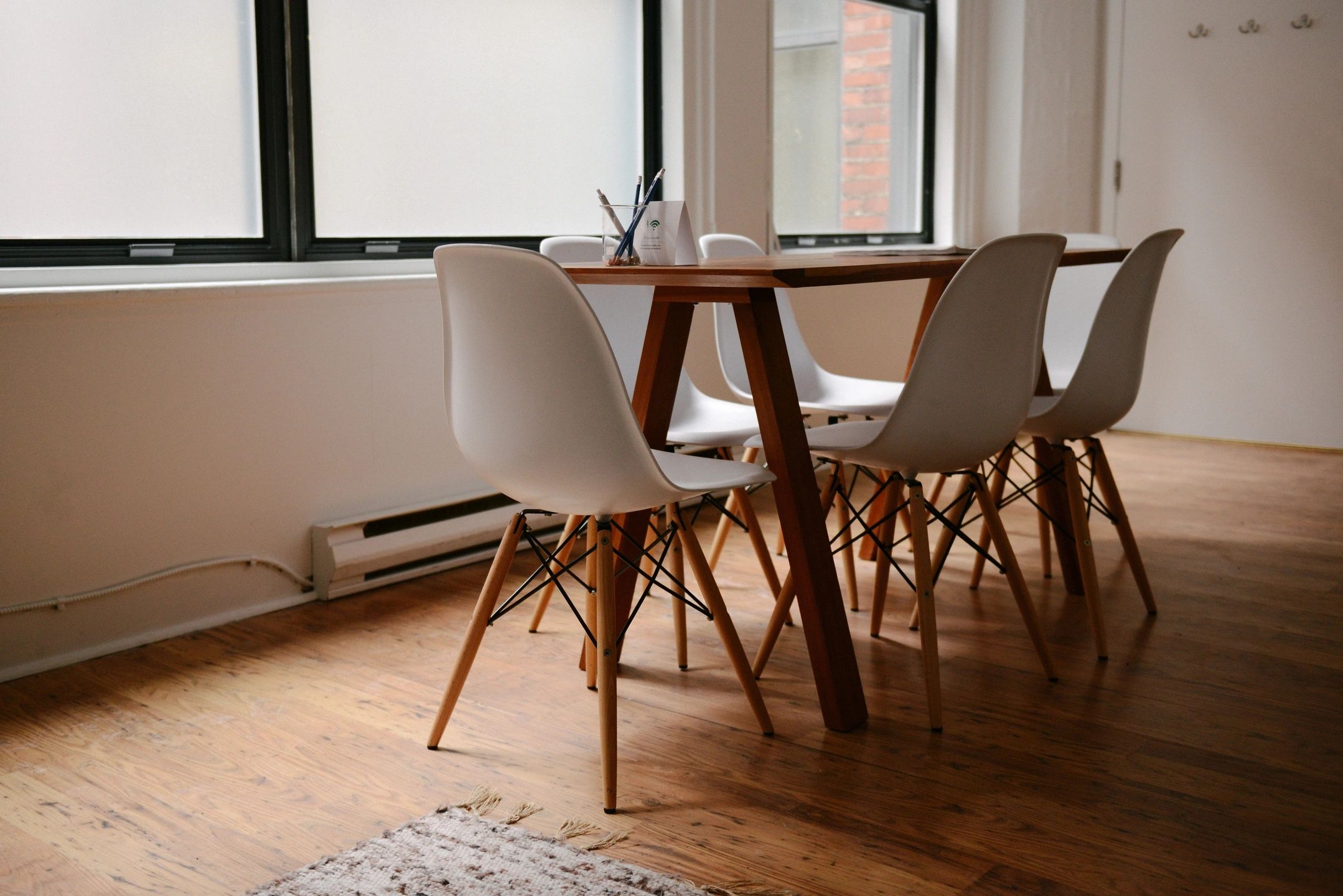
06 Dec 2023

Fixed Term Contracts are on the rise amongst employers as they tick a lot of boxes for companies; they can secure a designer for a set period of time, such as for a specific project or maternity cover. The designer is usually on a one month notice period giving the employer security, it avoids any IR35 (off-payroll working) concerns they may have with a freelance role, it’s more cost effective than paying a day rate, and it avoids a hefty one off permanent fee with a recruiter as the fee is broken down monthly.
However, Fixed Term Contract’s (FTC) are not so popular for interior designers seeking a job. The reason for this is that designers tend to fall into one of two categories: either they want to work on a freelance basis and take advantage of the lucrative day rate and flexibility it offers or, they are in, or looking for, a permanent opportunity, which provides job security beyond a fixed period as well as company benefits and career progression. Hence why companies rarely succeed in filling FTC positions despite recruiters best efforts.
I decided to go to my LinkedIn community and find out what would make a typical six month FTC more desirable and the results speak for themselves.
OUT OF 120 VOTES:
39% said if the job offered fully remote working 35% would consider an FTC if the salary being offered was above average
23% said a 4 day working week 3% cited ‘other’ reasons I was personally surprised that a fully remote working opportunity would outweigh, for some, a higher salary. It’s a competitive market out there for good interior designers and it’s clear that if you want to take advantage of the FTC model you need to have a Unique Selling Point (USP). As the results show it doesn’t always mean the USP has to be a higher salary or increased overheads of providing a designated desk space. Only a few months ago I had an opportunity arise with a small design consultancy who specialised in hotel interiors and they were offering a slightly lower than average rate but the job was fully remote working. I was inundated with applications over 24hrs and the client had an incredible shortlist of interior designers to interview. The designers were excited and competitive at the interview as they knew what a rare opportunity it was and the job was filled quickly. When recruiting interior designers for design consultancies in Amsterdam and Berlin the majority of job roles are FTC’s. The introduction of IR35 in 2021 for the private sector was the biggest change for the UK employment tax for decades, and has no doubt played a part in the increase of FTC’s within the interior design industry. They can be highly advantageous for businesses, however to secure top talent and attract a larger pool of interior designers, employers need go the extra mile and offer a head turning USP.